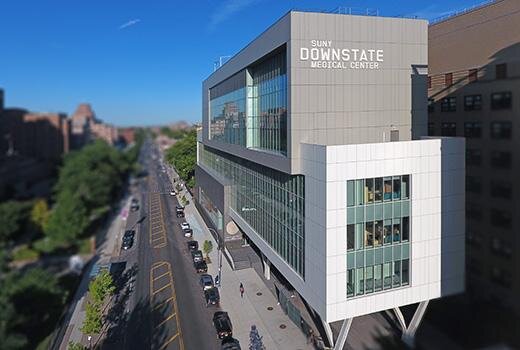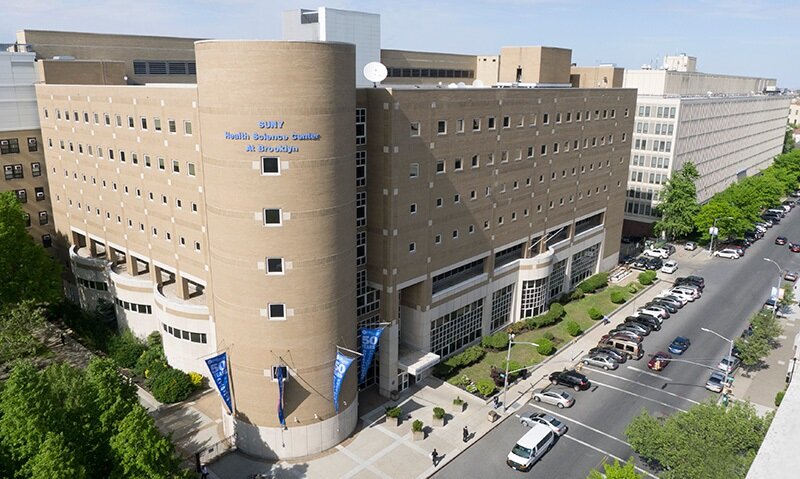Welcome to SUNY Downstate Family & Community Medicine Residency Program!
Our Family Medicine Residency Program is a three year accredited program, with six residents at each training level. We have been training physicians and serving the community continuously since 1973. We have produced family physicians who have gone on to practice in this and other communities, who have become faculty at medical schools, who have developed and/or directed other residency programs, and who are active in Family Practice organizations at the national level.
The Family Medicine Training Program is an exciting and dynamic experience. It has the unique goal of providing quality education for the family practice residents in an inner city environment. Drawing on the many academic and community based resources in the Brooklyn medical community, we offer a teaching program with the faculty providing direct guidance and supervision to the residents.
Ongoing series of lectures from faculty members as well as visiting lecturers, small group sessions and weekly Morbidity and Mortality Rounds, provide in-depth coverage of core content areas. These range from common clinical problems to topics in Behavioral Science practices, Palliative Care, Practice Management and procedures. Interactive resident-driven teaching methods are used, thus strengthening presentation techniques of individual residents and enhancing learning for all. Outpatient care in the ambulatory clinic setting is a requirement of residency training in Family Medicine. Family Medicine residents, under attending supervision, care for a panel of patients each week throughout their residency.
Mock Board/In-training examinations are given semi-annual to ensure stellar performance. Residents' meetings are scheduled weekly to provide a forum for residents to give voice to their concerns, organize schedules, and lend mutual support to each other.
The residency program makes every attempt to address the needs of the variety of ethnic, cultural and racial backgrounds of the people of Brooklyn. We stress the importance of caring for people with complex medical, social and psychological problems of our inner city families. We reflect the belief that just as individuals are seen in the context of their families, so too should families be seen in the context of their community.





